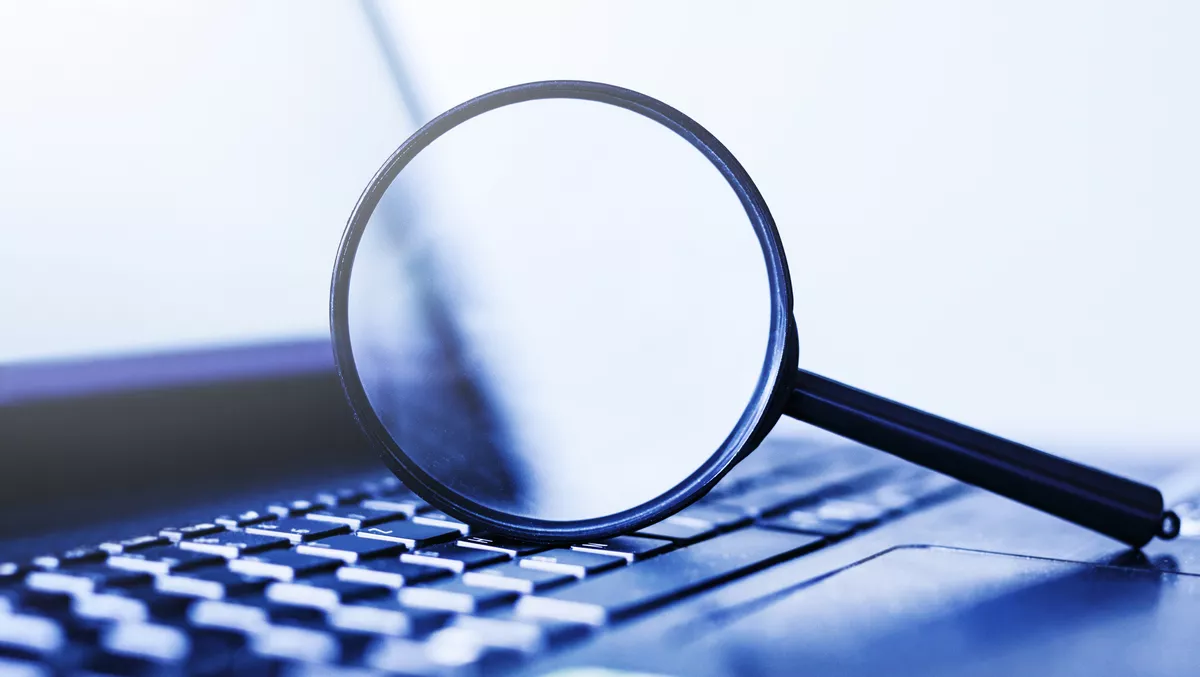
Remote employee surveillance is dangerous territory
Electric monitoring of home workers by companies is rising rapidly, according to new reports, with more bosses using software to monitor remote workers.
Sridhar Iyengar, managing director for Zoho, says governments should be urged to toughen the rules - and ban most webcam use.
"This new data is alarming and demonstrates how misuse of new technology can allow employers to invade staff privacy through, for example, viewing employees' web browsing page by page, or even watching them at their home 'desk' via their webcam," he says.
Iyengar says what is even more concerning is that governments do not regulate this technology.
"The ICO is right to guide bosses to ensure their staff are made aware of any remote monitoring and the reasons why it is being deployed," he says.
"The practices raised in the research are clear examples of employer misuse of remote monitoring software and a violation of employee privacy.
Iyengar says this 'employee surveillance' is driven by a culture of mistrust that is not in sync with the way working models are determined today.
"Organisations must find a new approach when it comes to measuring an employee's productivity," he says.
"Managers should judge performance based on results and not by clocking in or clocking out.
Iyengar says with remote working, a flexible approach is required.
"Working day hours may vary, and employers must understand this before breaching employee privacy and spying on workers," he says.
"It is crucial to ensure a strong level of trust between employer and employee to make sure that the staff can work flexibly and still deliver on performance.
"A culture of trust must be a critical element to drive success in the new working era."
However, Iyengar says remote monitoring software does have its place.
"For example, for employers to spot ways to improve work processes, identify under-use of applications and this may help determine where more staff training is required to aid adoption, for example," he says.
"However, employers need to ensure this ethical use is in practice now and moving forwards in order to maintain a healthy culture where two-way trust is promoted.
"The building up of trust between the employer and staff is key to employee retention and longevity. No one would want to work in a 'highly surveilled and monitored environment'. Companies who misuse remote monitoring tools for 'staff surveillance', face reputation damage and employees are likely to vote with their feet and find an employer with better values.


